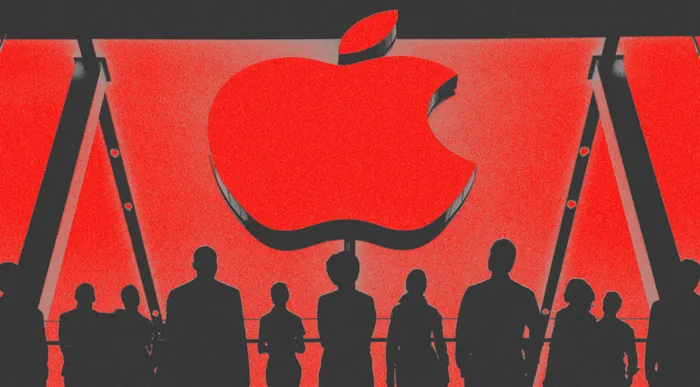
Spotify and a group of European companies are asking Europe’s top antitrust regulator to take immediate action against Apple for what they claim are anticompetitive practices that have harmed their businesses.
In a letter addressed to the European commissioner for competition, Margrethe Vestager, the music-streaming service and seven other media companies—including Proton, Basecamp, and French music-app maker Deezer—have fired the latest volley at Apple, arguing that the App Store serves as a weapon to stifle competition. They claim Apple charges excessive fees to be on it, changes the rules without sufficient notice, and erects other “artificial obstacles” to make it harder to compete against the tech giant.
“We are writing to you to call for swift and decisive action by the European Commission against anticompetitive and unfair practices by certain global digital gatekeepers, and Apple in particular,” the letter begins, somewhat passive-aggressively, before saying that “Apple has and continues to defy every effort from courts and regulators to address these unfair practices.”
Spotify has spent years trying to loosen Apple’s ironclad grip on the App Store. It filed another antitrust complaint with European authorities in 2019, slamming the App Store’s steep commissions as “the Apple tax.” Spotify’s founder and CEO Daniel Ek has argued that Apple’s MO is to give itself “every advantage while at the same time stifling innovation and hurting consumers.”
Spotify claims that Apple’s policies have not only affected the company, but also led to higher prices (Spotify admits that it’s “artificially inflate[d]” subscription prices to account for the App Store’s 30% commission) as well as subpar music-streaming experiences.
When it responded to Spotify’s complaint two years later, the European Commission initially agreed that Apple had indeed “abused its dominant position” over music streaming. Still, the EU has never published its final investigation, or required Apple to make any changes.
Which is probably why Spotify’s four-year-old complaint is reiterated in this latest letter. The cosigners say the examples of “unfair restrictions” imposed on their businesses include Apple’s linking the App Store to its own payment system, saddling app developers with “excessive commissions”; creating hurdles that “prevent our businesses from freely communicating with our customers”; restricting access to app developers’ own user data; and making “capricious changes” to the App Store’s terms and conditions.
Apple didn’t immediately respond to a request for comment.
The group of companies demand that the EU take “urgent action” to end Apple’s alleged abuses, though they have the EU’s Digital Markets Act—which rolls out in full force by mid-2023—to look forward to. That new law is poised to designate Apple as a so-called “gatekeeper,” meaning it’s a “large, systemic online platform” upon which third parties very much rely, so any new rules must ensure such platforms “behave in a fair way.”
Not until a 2021 lawsuit forced its hand did Apple agree to let app developers offer customers payment options outside of the App Store (which evade the App Store’s 15% to 30% fees, and unsurprisingly are therefore often cheaper). Apple may have reversed its policy, but it still doesn’t make outside payment easy: app developers still can’t steer users who are already using the app to outsider websites where they can sign up for alternative forms of payment. This forces companies like Spotify, a direct competitor to Apple Music, to surrender a significant portion of their revenue to a rival.
By Clint Rainey
Related Topics:
